Nats and net zero: Why it’s so complicated
Climate policy got your head in a spin? You’re not alone. Catch up on why it’s back in the headlines, and why it’s a difficult issue for the Nationals.
Climate policy is back in the headlines as the Nationals and the Liberals grapple with net zero policies and targets. Catch up on the main points with this explainer.
WHAT HAS HAPPENED THIS WEEK?
On Sunday, the Minister for Industry, Energy and Emissions Reductions Angus Taylor presented the Nationals with the government’s plan to reduce emissions of greenhouse gases, the compounds such as carbon dioxide, methane and nitrous oxide which contribute to global warming and help trigger climate change.
Under the Paris Agreement, signed in 2015, Australia promised to reduce emissions by 26-28 per cent by 2030.
There were two main components to the government’s plan on Sunday – bringing emissions to net zero by 2050, and increasing our 2030 target.
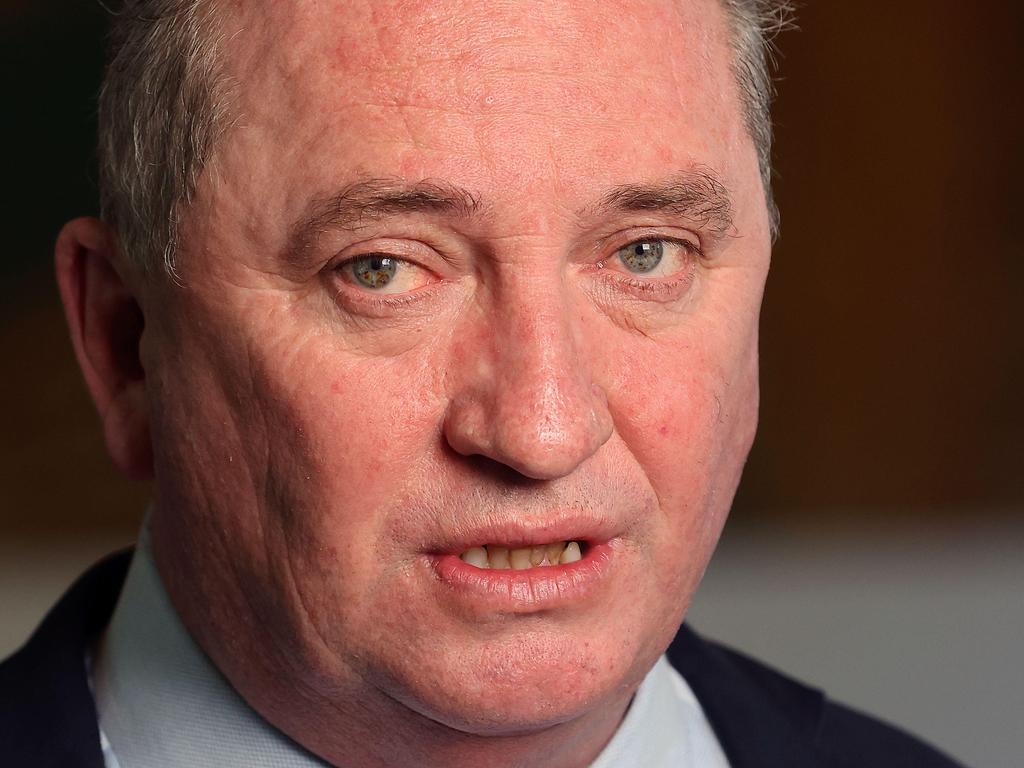
While there were hopes the Sunday meeting would complete negotiations, after four hours this proved not to be the case, with the Nationals presenting a host of objections.
On Tuesday the Prime Minister told parliament Australia would not be updating its 2030 emissions goal.
He has also said the 2050 net zero goal will become a decision for national cabinet, rather than the Coalition party room.
WHAT DO THE NATIONALS WANT?
The Nationals expressed a range of objections, chiefly about the impact of net zero policies on the regions and wanting increased support for existing high-emitting fossil fuel industries such as coal and gas.
A number of Nationals also want the government to explore the possibility of Australia developing nuclear power.
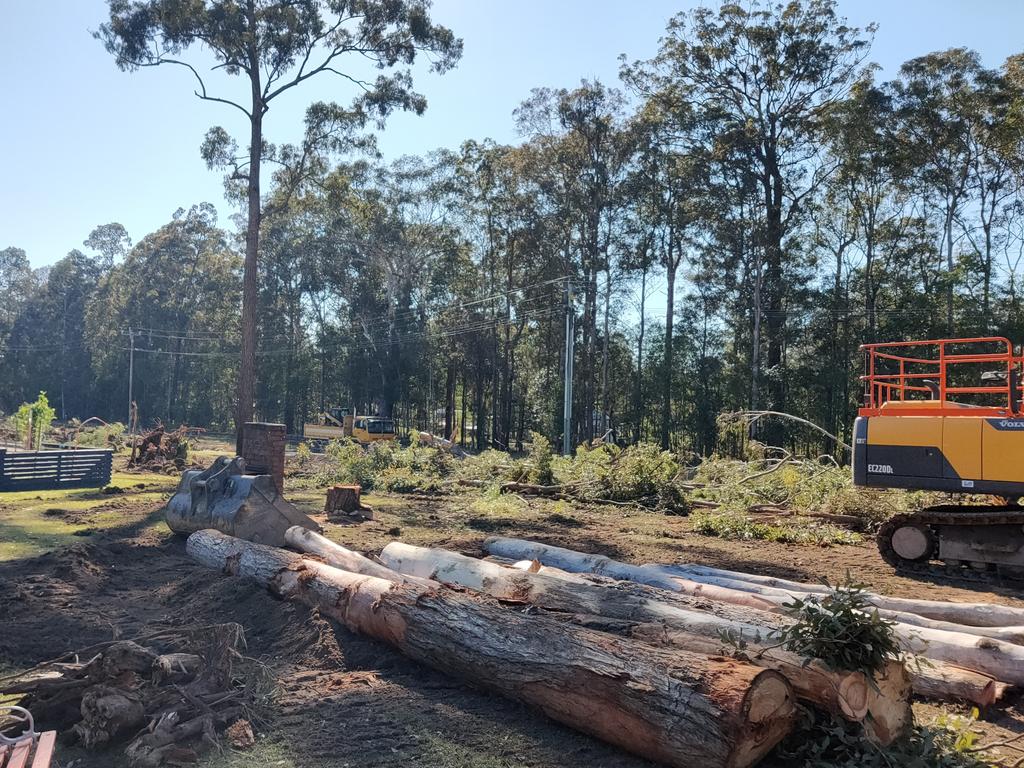
There is also an historical element to the Nationals’ discontent.
When John Howard signed the Kyoto Protocol (the forerunner to the Paris Agreement) in 1997, it prompted state and territory governments to ban land clearing.
This measure is regarded as the primary factor that’s enabled Australia to reduce its emissions by around 20 per cent already, as the uncleared land effectively retains carbon in vegetation, which would otherwise be released into the atmosphere.
But many farmers say clearing bans have prevented them from making a decent profit from their land, so there is a sentiment that people in the regions should not be further burdened by further emissions cuts.
DO THE NATIONALS AGREE ON THIS ISSUE?
There are huge divisions. Some MPs, such as former leader Michael McCormack and Darren Chester, now cautiously support net zero as a global economic and environmental necessity (Mr McCormack was previously opposed).
Agriculture Minister David Littleproud sees himself as something of a centrist on the issue, telling reporters this week that “zealots from both sides need to bugger off”.
Queensland Senator Matt Canavan is perhaps the most hard line opponent, and has threatened to cross the floor if any net zero legislation is to come before parliament.
He has also raised concerns about the lack of detail in the government’s modelling and called for it to be made public.
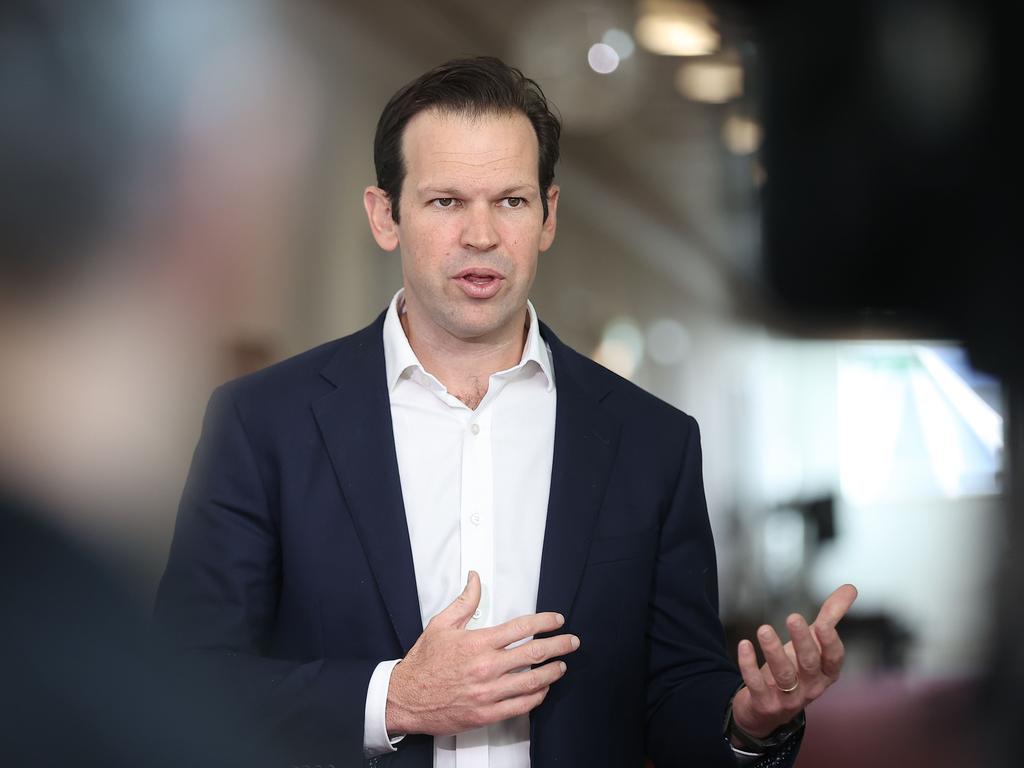
“We’re getting very little details about this and I’m in a position of being asked to marry a girl I haven’t met. That’s not how the Nationals party room works,” he said this week.
Nationals leader Barnaby Joyce has himself been a fierce critic of net zero in the past but has cast himself as a broker.
On Tuesday he said he would be seeking further input from Nationals MPs over coming days, and he would communicate them to the Prime Minister.
HOW IS AUSTRALIA DOING ON EMISSIONS?
The latest quarterly figures from the National Greenhouse Gas Inventory show Australia has reduced its emissions by just over 20 per cent on 2005 levels.
Mr Taylor has said on current projections, Australia could actually end up cutting emissions by around 32-35 per cent by 2030.
He has promised to release these projections later this week.
WHY IS THIS ISSUE COMING TO A HEAD NOW?
From October 31, the nations of the world will meet in Glasgow, Scotland, to discuss the climate change crisis and reveal what they are doing about it.
Host nation Britain has implored all nations to announce ambitious emissions reduction targets for 2050, and also interim targets.
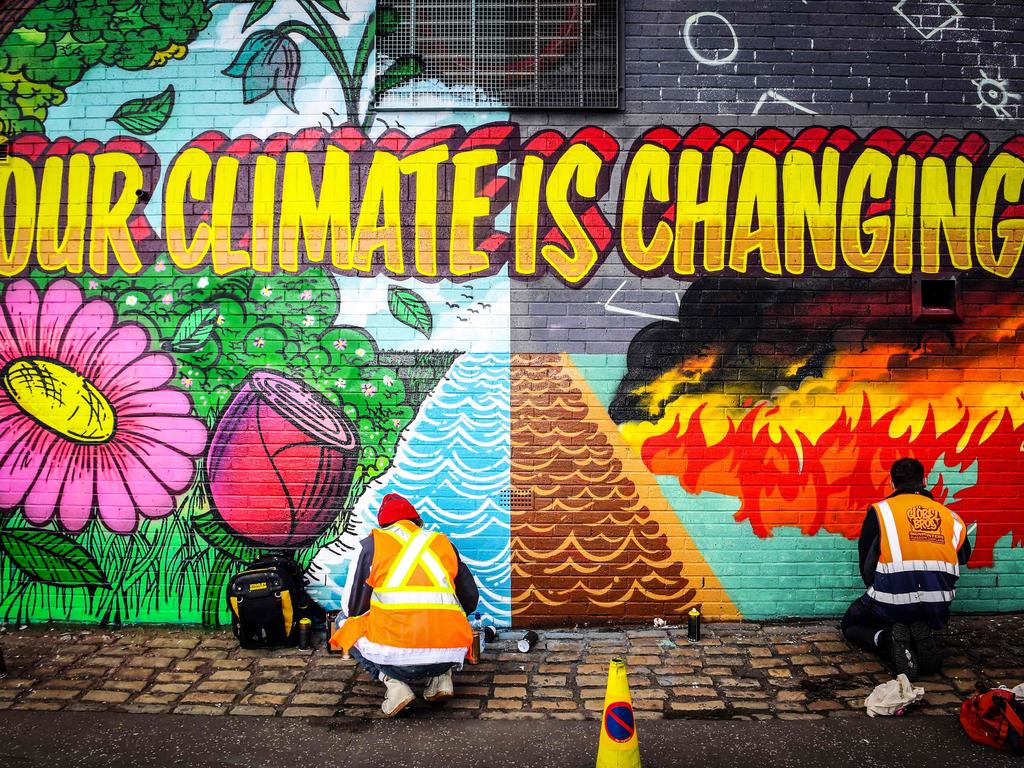
Many nations have updated their 2030 targets in recent months.
The US is now opting for cuts of 50-52 per cent; Japan is going for 50 per cent; and Canada is pursuing a less ambitious 45 per cent goal.
Throughout the year, Mr Morrison and Energy Minister Angus Taylor advised that they would present an updated emissions policy for Australia by the time of the Glasgow conference.
It had earlier been expected that this would entail both a net zero goal for mid-century, and an increased interim goal.
DOES IT MATTER IF WE DON’T HAVE AN UPDATED 2030 GOAL?
While an Australian 2050 net zero goal will be broadly welcomed by the international community, it appears we may be the only developed country turning up to Glasgow without an increase to our 2030 targets.
The diplomatic consequences of this are uncertain.

Australian exports could be subject to carbon tariffs if our emissions reductions are not up to scratch.
The European Union has legislated a Carbon Border Adjustment Mechanism which will come into effect from 2023, although it will only become payable from 2026.
There are concerns the US, Japan and South Korea will implement similar schemes.
Economist Nicky Hutley from the Climate Council asserts Australia could lose $4 billion in GDP, and 70,000 jobs could be lost if Australia’s major trading partners adopt carbon tariff schemes.
The Business Council of Australia has also called for higher 2030 targets, saying pushing the big cuts back will only make them more expensive and onerous.
WHY IS EVERYONE SUDDENLY TALKING ABOUT ‘NET ZERO’?
The idea has taken root quickly, and globally, as concerns about climate change deepen.
More and more countries are having to deal with extremes in conditions that have never been recorded before, and this is at a global average temperature rise of just over one degree.
If temperatures rise too high, there are concerns it will set off effects that will be impossible to predict, manage, or adapt to.
The Paris Agreement aims to limit global warming to somewhere between 1.5 and 2 degrees.
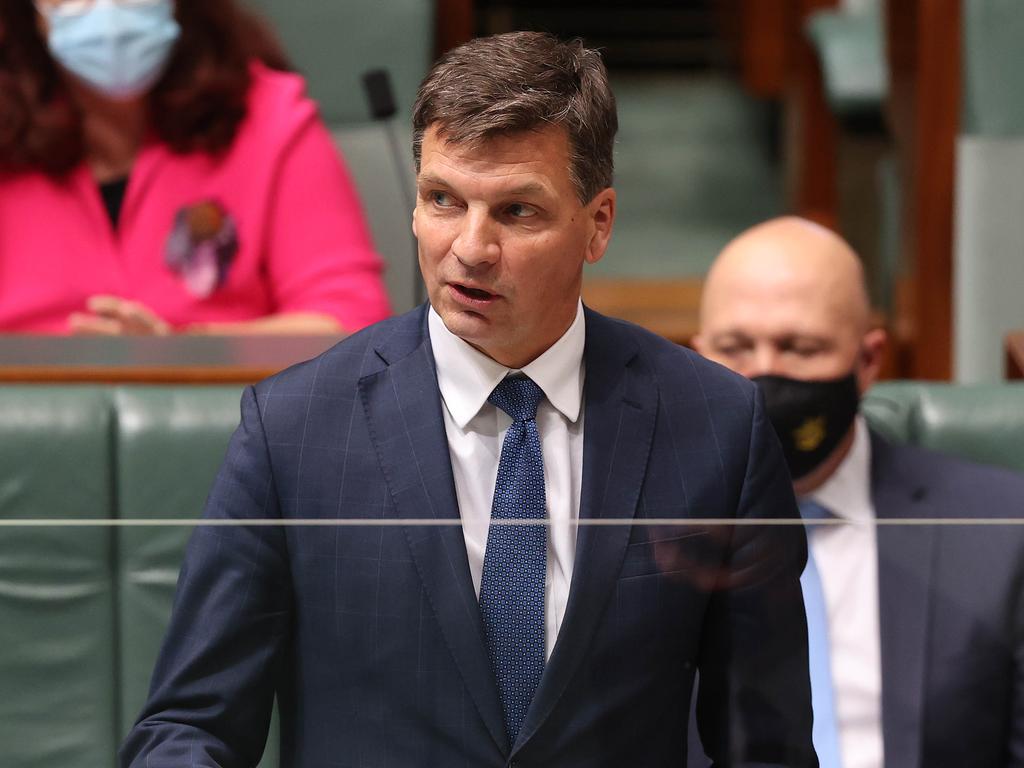
In June 2019, the UK became the first major economy to pledge to reach net zero by 2050. Since then, scores of other countries including the US, Japan and South Korea have followed suit, and a small number of other nations including China and Indonesia have announced a target of getting to net zero by 2060.
All Australian states and territories have already set a goal of net zero emissions by 2050 – although some refer to it as an “aspirational” target.
WHY ARE AUSTRALIAN POLITICIANS TAKING THE IDEA SERIOUSLY NOW?
Labor adopted a net zero by 2050 policy in February 2020.
Prime Minister Scott Morrison was initially cool on the idea, saying he wouldn’t sign the country up to any emissions reduction target without being able to tell Australians the cost.
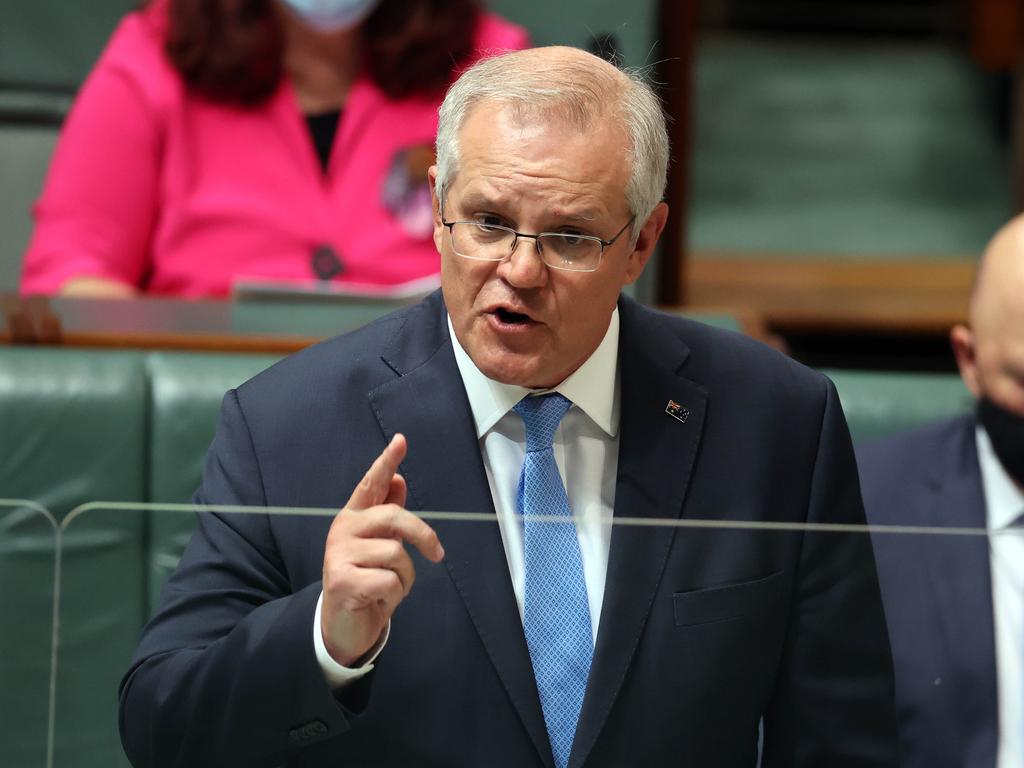
But by February this year Mr Morrison had changed his rhetoric saying Australia should “get to net zero as soon as possible … and preferably by 2050”.
The idea was repeated again and again by Mr Morrison and other senior government ministers – including Josh Frydenberg in this year’s Budget speech – but the repetition made it no clearer as to whether or not it actually constituted government policy.
HOW DOES THE NATIONALS’ HEARTLAND FEEL ABOUT THE ISSUE?
According to the Lowy Institute, which has been tracking Australian responses to climate change since 2006, 56 per cent of people in regional areas think climate change is a “serious and pressing problem” that we should tackle “even if this involves significant costs”.
This is slightly below the national average of 61 per cent.
There is also a slightly higher proportion of people in regional areas who are what we might call ‘agnostic’ on climate – unwilling to spend government money on the issue.
In cities this constitutes about nine per cent of voters, according to the Lowy poll, but in country areas it’s about 12 per cent.
The National Farmers’ Federation has itself set a net zero policy for 2050 and the Meat and Livestock Association aims to get to net zero by 2030.
More Coverage
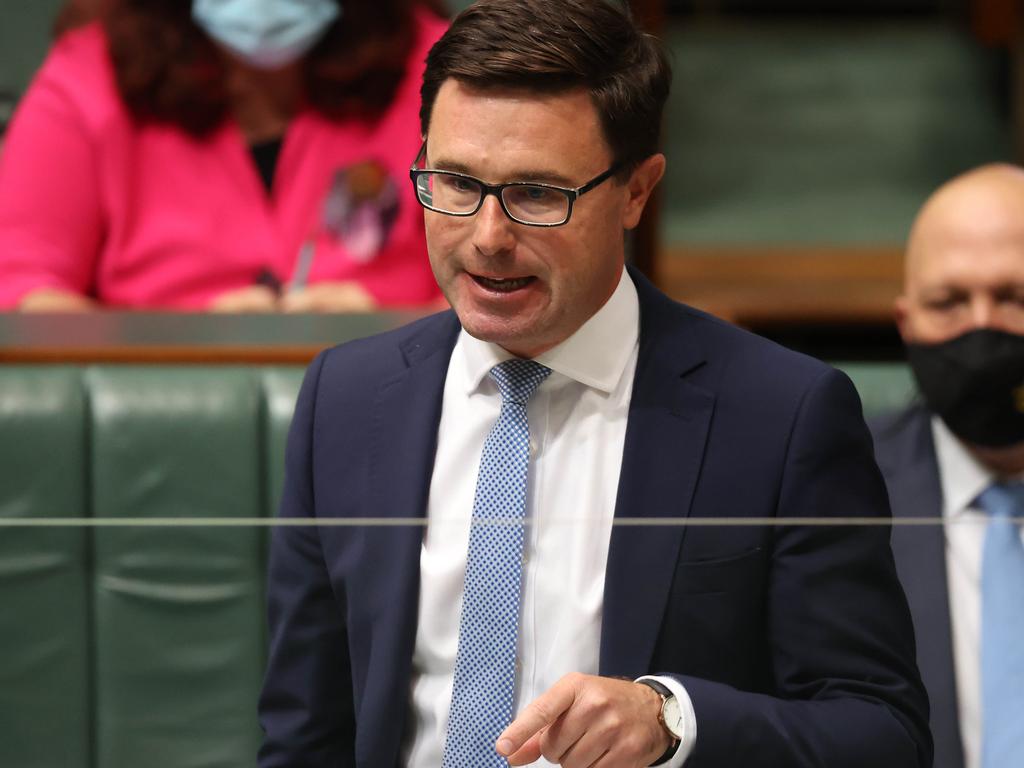
Originally published as Nats and net zero: Why it’s so complicated




